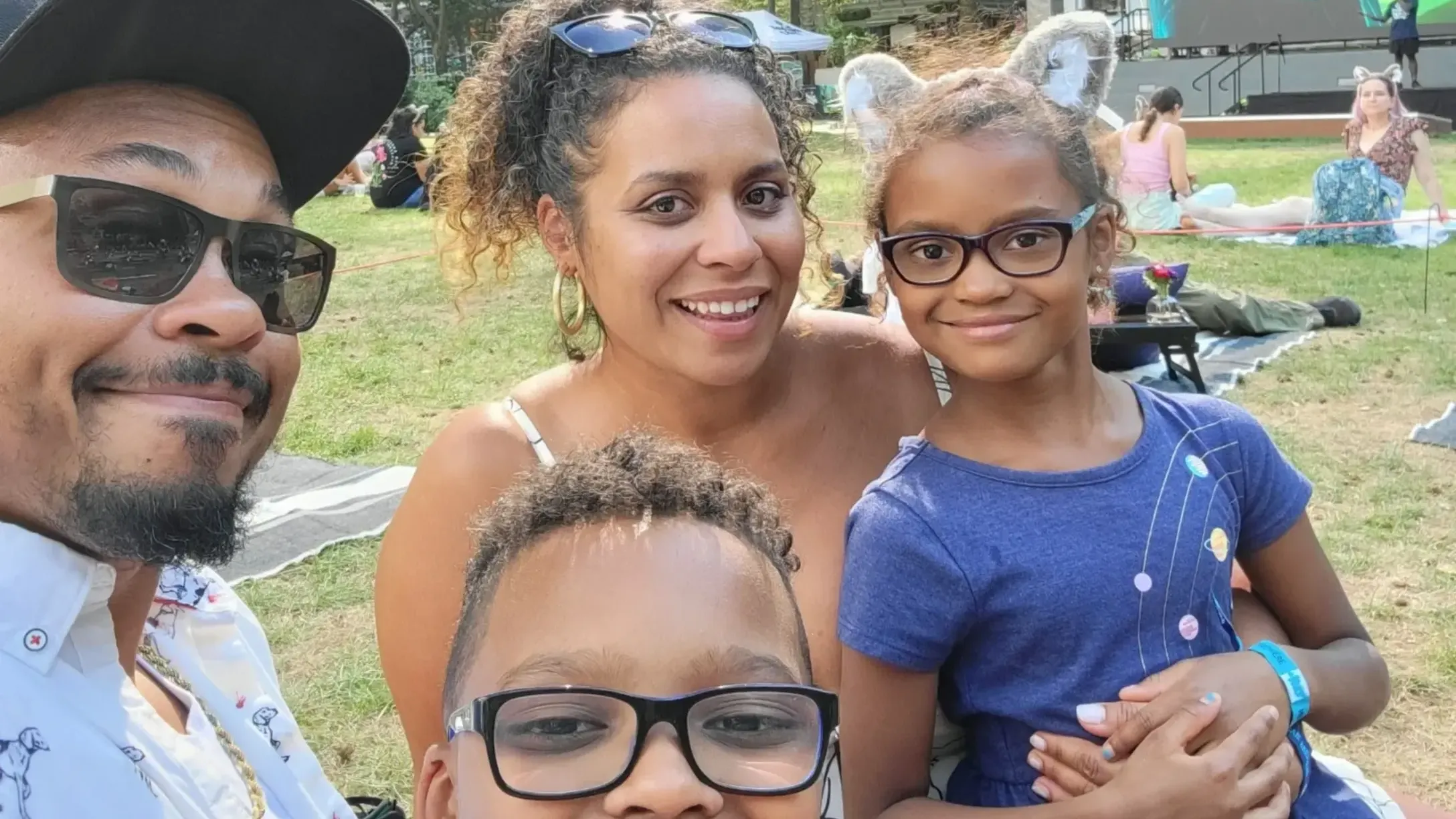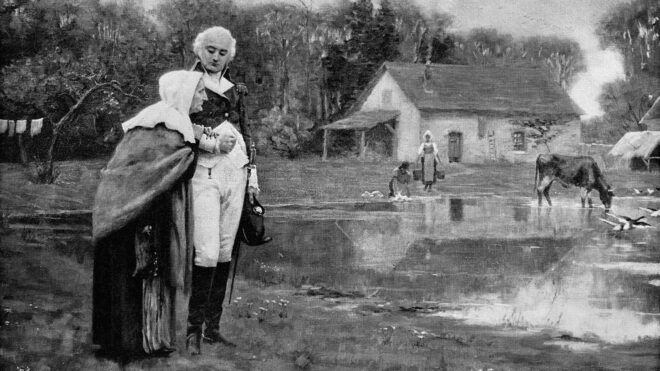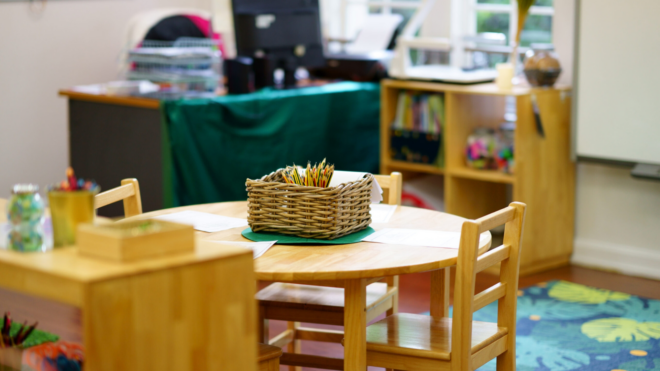
As a mom, I've always done my best to make sure that my children know their heritage. My family is originally from Puerto Rico. Both of my parents were born there, and all of my family before them was too, but our history in the United States dates all the way back to the 1950s. Although it's not quite a straightforward designation, my kids are fifth generation.
But, they are Latinx. They know the culture — the music, the food, the love of the island, are all a part of their daily lives (language, we're working on). There's one aspect of our culture that they are missing out on, though.
Family and community are huge in Latino culture, and while we do our best to spend as much time with family as possible, their experience is still vastly different from mine. Growing up, I was always surrounded by extended family. I knew my great-grandmothers and grandmothers and grandfathers on my mom's side, and lots of great-aunts and great-uncles on both sides, and we spent every holiday and birthday and special occasion together. The day-to-day, though, was an even more definitive part of my life.
The women in my family were each other's support system.
My mom has three sisters and each of them has two children, and we spent a huge portion of our childhoods together. They are all cemented in many of my core memories, from sleepovers at our grandmother's house to running around my neighborhood together on long summer days. We lived life together when we were children. Sometimes this even included second and third cousins, stepcousins and cousins-in-law. I had built-in friendships, and to this day, I still do.
My grandmothers and aunts were all each other's support system. They babysat for each other, popped up at each other's homes unannounced, talked on the phone for hours, and helped each other through every tough situation in life. It was only natural that all of us cousins were incredibly close — really more like siblings.
I know this family dynamic isn't necessarily unique to Latinx communities, but it is something that is incredibly important to us, and many Latinx families continue to live in — and even prioritize — these multigenerational units.
My kids don't have that.
I don't know if it's because I'm the oldest of the girl cousins and to this day still the only one who has kids or if it's because my brothers don't have children yet or because we are geographically more spread out or because, well … I don't have a sister, but my kids are growing up without first cousins, and all but one of their second cousins are a lot older than they are.
For the most part, they are the only children running around at our family gatherings. They don't have those built-in friends that come along with the type of multigenerational lifestyle that defines Latinx culture.
The one thing I would change about their childhoods is something outside of my control.
There's a lot about my own childhood that I wouldn't ever want for my own children, but I do wish they had the extended family dynamic that I did. To this day, I adore my cousins and I'm so thankful that we grew up so close.
My kids have a good life. They are confident and sure of who they are. They are proud of their culture and family history. I've done what I can and will continue to, but I have no control over the fact that my kids don't have close cousins like I did. They never will. All the babies to come will be much younger than they are, and it won't be the same.
In many ways it makes sense. Earlier generations of our Latinx family had to rely on each other in so many areas of their lives. Now, we have more resources to outsource our support systems, we get married later, have kids later, we move away from our families in search of independence and great opportunities, and we rely less and less on our families of origin.
While this often means our kids get to have "better" lives than we did, it also means they are missing out on some of the things that made our childhoods beautiful despite everything we didn't have.




